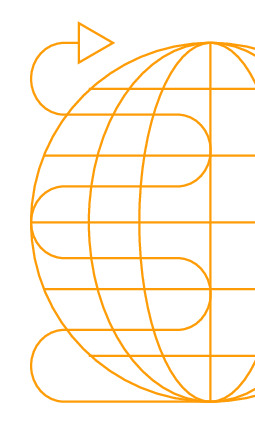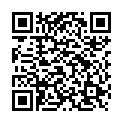|
|
|
| Module code: BITM-531 |
|
|
2V+2PA (4 hours per week) |
|
5 |
| Semester: 5 |
| Mandatory course: yes |
Language of instruction:
German |
Assessment:
Exam + project work (50% each; Exam 60 minutes; Repeated annually)
[updated 02.12.2025]
|
DFITM-510 (P620-0599, P620-0600) International Tourism Management, Bachelor, ASPO 01.10.2020
, semester 5, mandatory course
BITM-531 (P440-0041, P440-0042) International Tourism-Management, Bachelor, ASPO 01.10.2020
, semester 5, mandatory course
|
60 class hours (= 45 clock hours) over a 15-week period.
The total student study time is 150 hours (equivalent to 5 ECTS credits).
There are therefore 105 hours available for class preparation and follow-up work and exam preparation.
|
Recommended prerequisites (modules):
BITM-112 Principles of the Tourism Sector
BITM-240 Marketing and Market Research in Tourism
BITM-281 Business Skills and Office Management
BITM-320 Management in the Tourism Industry
BITM-331 Stakeholders in the Tourism Industry
[updated 17.10.2022]
|
Recommended as prerequisite for:
|
Module coordinator:
Prof. Dr. Achim Schröder |
Lecturer:
Prof. Dr. Achim Schröder (lecture)
Marcus Bauer (project)
[updated 17.10.2022]
|
Learning outcomes:
After successfully completing this module, students will be able to:
- characterize tourism as an information business
- explain the importance of digitalization in tourism and identify interrelationships between the two
- illustrate the basic principles of information management by tourism service providers, as well as tour operators and travel agents
- describe essential characteristics of digitalization in the tourism industry and familiarize themselves with basic use cases involving information, communication and reservation systems in tourism
- assess the consequences of current trends and future developments in digitalization for tourism
- develop a concept for a specific issue or problem within a team, organize its implementation and document the main results of the project
[updated 02.12.2025]
|
Module content:
- Tourism as an information business
- Information, communication and reservation systems (e.g. Amadeus, Galileo, Micros, Sabre, Worldspan)
- Information and marketing management systems for tourism service providers, tour operators and travel agents
- Digitalization and digital transformation among tourism service providers, tour operators and travel agents, and destinations
- The “Customer Journey” in the digital age
- Current trends and future developments
- Content management systems
[updated 14.11.2022]
|
Teaching methods/Media:
Lecture with discussions
Project work
[updated 02.12.2025]
|
Recommended or required reading:
Gardini, M. A., & Sommer, G. (Hrsg.) (2023). Digital Leadership im Tourismus: Digitalisierung und Künstliche Intelligenz als Wettbewerbsfaktoren der Zukunft. Springer Fachmedien Wiesbaden. https://doi.org/10.1007/978-3-658-37545-4
Groß, S. (Hrsg.) (2019): Wandel im Tourismus. Internationalität, Demografie und Digitalisierung. Erich Schmitt Verlag. 3-503-18192-X
Landvogt, M., Brysch, A., & Gardini, M. (2017). Tourismus - E-Tourismus - M-Tourismus: Herausforderungen und Trends der Digitalisierung im Tourismus. Erich Schmidt Verlag. ISBN: 3-503-17146-0
Schulz, A., Weithöner, U., & Goecke, R. (2015). eTourismus - Prozesse und Systeme: Informationsmanagement im Tourismus (2. Aufl.). De Gruyter Oldenbourg. ISBN: 978-3-486-75428-5
Schulz, A., Weithöner, U., & Goecke, R. (Hrsg.) (2010): Informationsmanagement im Tourismus: E-Tourismus: Prozesse und Systeme. Oldenbourg. 3-486-58954-7
Weithöner, U., Goecke, R., Kurz, E., & Schulz, A. (Hrsg.) (2022): Digitaler Tourismus. Informationsmanagement im Tourismus (3. Auflage). De Gruyter. https://doi.org/10.1515/9783110786866
[updated 02.12.2025]
|


